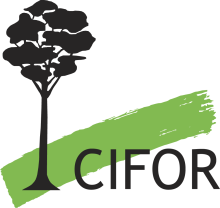Resource information
Very large numbers of the rural poor derive some part of their livelihood inputs from forest resources, in different ways and to different extents. For many the dependence on forests is a function of their poverty, because they lack better alternatives. Helping meet their subsistence and survival needs can therefore be as important a role for forestry aid as supporting those able to increase their incomes through forest activities, but needs to avoid encouraging forms of forest dependence that could lock the very poor into continued poverty. Programmes to devolve forest use and management rights to local users have often improves access by the poor, but their impact has frequently been limited by government failures to transfer full or effective rights and by regulations and actions that restrict access by small producers to formal sector markets for forest products. This has taken the form of the state retaining rights to timber and other valuable components of the resource, of restrictions in favour of biodiversity conservation, of governments being unable in a period of declining budgets for forestry to period necessary support, and of forest departments and corporations intervening as trade intermediaries and competing producers. In addition, weaknesses in the institutional arrangements for devolved forest management and control have often resulted in transfers favouring the less poor, or outside users. Assistance to smallholder tree growing and commercial activities has also often failed to take sufficient account of the poorer amongst those being targeted. The paper suggests a number of ways in which forestry aid might address some of these issues and become more effectively poverty oriented.



